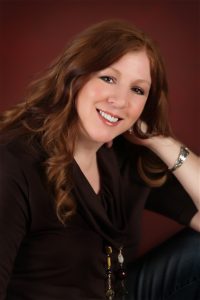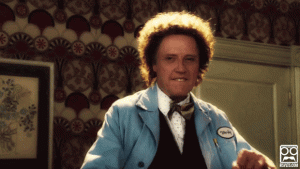There’s still time to register for Midwest Writers Workshop’s ONE-DAY INTENSIVE SESSIONS.
Saturday, March 21, 2015
8:30 a.m. to 3 p.m.
Ball State Alumni Center, Muncie, IN
Cost: $155 (includes lunch)
One of the four sessions is “The Basics of Compelling Cinematic Storytelling” taught by Matt Mullins. His session will run the gamut of the basics of storytelling for film, beginning with the building blocks of spec screenwriting format and style, how to approach it and what to avoid, and then moving on to the core elements of visual/cinematic storytelling structure and content. This includes, among other things, how plots are shaped and how they arc, how characters are constructed and why/how they change, how scenes work, and how/when to use dialogue versus/along with visual exposition.
Matthew Mullins is a writer, experimental filmmaker, videopoet, and multimedia artist. His videopoems have been screened at conferences and film festivals in the U.S. and abroad. His fiction and poetry have appeared in a number of print and online literary journals including Mid American Review, Pleiades, Hunger Mountain, Descant, and Hobart. His debut collection of short stories, Three Ways of the Saw, was published by Atticus Books in 2012 and was named a finalist forForeword Magazine‘s 2012 Book of the Year. And his work in screenwriting has won awards from the Broadcast Education Association. Matt teaches creative writing at Ball State University where he is an Emerging Media Fellow at the Center for Media Design. You can engage his interactive/digital literary interfaces at lit-digital.com.
MWW board member Cathy Shouse caught up with Matt to discuss his intensive session on screenwriting.
MWW: What should those attending your intensive session expect? Should they have an outline or idea for a screenplay? Will they be writing or will you be sharing your ideas?
MM: I’ll be talking about how to write in proper spec screenwriting format and style and I’ll be talking about the basic principles of good storytelling for the screen. So it’ll be mostly sharing ideas. They don’t need to come with an idea for a screenplay or any kind of outline. If we do any writing it would be simple exercises. But I think it will mostly be lecture and watching short films and clips that illustrate the points I’m trying to make.
MWW: What are some benefits that attendees will take away from the day?
MM: I would hope that they learn the very basics of format/style and get a sense of what’s required to tell a compelling story for the screen.
MWW: How would you rate the level of the class, such as aimed at beginning writers, those who have completed a manuscript or others?
MM: I’d say it’s beginning to intermediate in terms of format and style and beginning to intermediate in terms of storytelling principles, maybe with a touch of advanced in that area.
MWW: With so much pressure to “grab attention,” can you give a hint at something that adds creativity to a story?
MM: Be yourself. Think about what it means to be a human being and how creativity/storytelling/art can comment on that condition in ways that allow us to see life’s ironic complexities. Go for endings where something is lost or gained at the cost of something meaningful (literally and/or metaphorically).
MWW: What are some awards that you have won? Which one holds special meaning for you and why?
MM: Winning the Broadcast Education Association’s Best Feature-length Screenplay Award (for a collaboration with Rich Swingley) meant a lot. We put that script (“Nerdvana” a kind of geek road trip comedy) through twenty drafts. Winning Ball State’s Creative Endeavor Award was also special. It was really nice to have the breadth of my work recognized.
MWW: Is there anything else potential participants should know?
MM: We’ll be talking about format and style. We’ll be watching/analyzing short films and various scenes and discussing how they work from a writer’s perspective.
REGISTER NOW!


